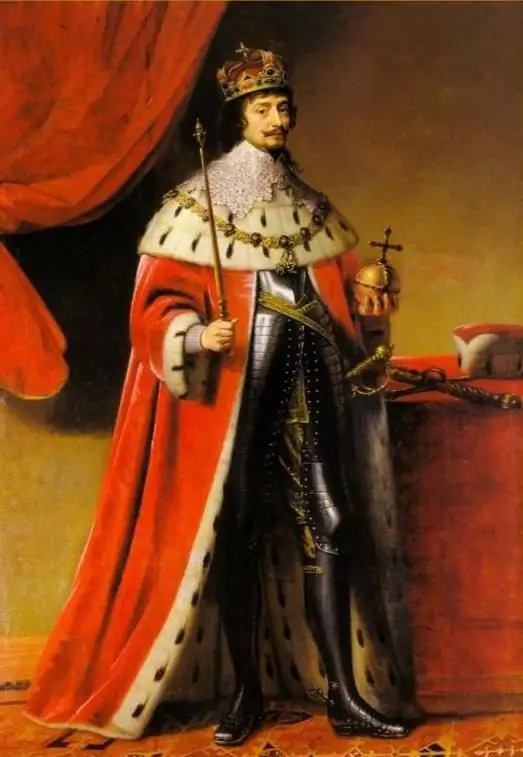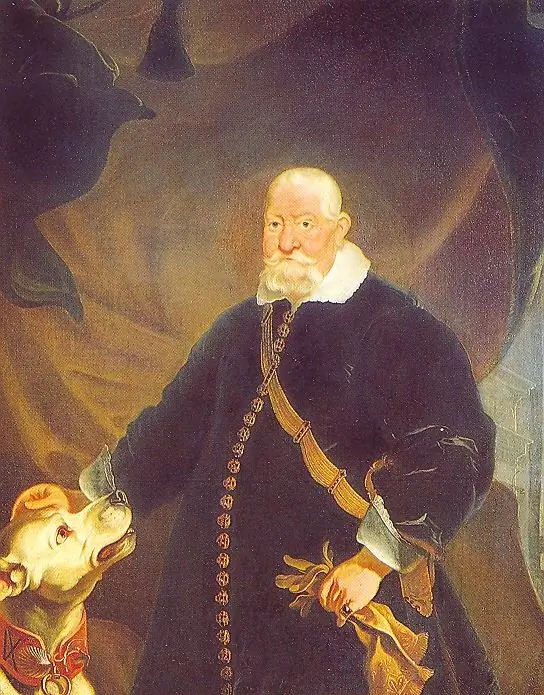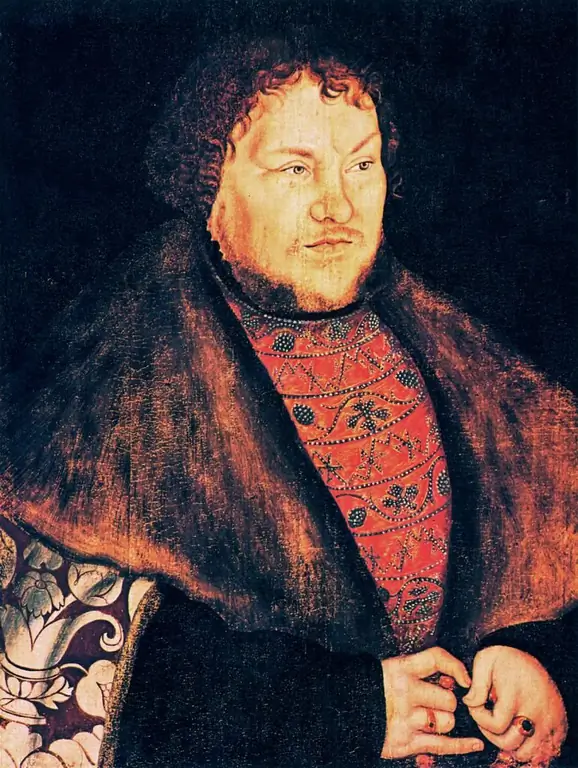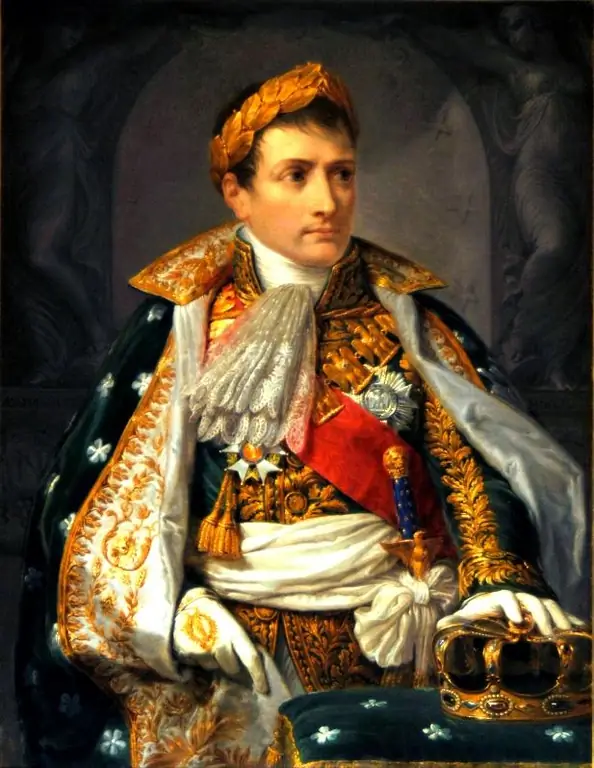The word "elector" is foreign and came to us from the German language. As a rule, it is used in a purely historical context, and therefore its meaning is not known to many. It belongs to one of the categories of princes in the Holy Roman Empire. Details of who this Elector is will be discussed in the proposed review.
Word in dictionary

The following definition of "elector" is given there. In the literal sense, the German word Kurfürst means elector prince. It consists of two parts. The first of them is Kur, which is translated into Russian as “election, choice”. And the second is Fürst, which means "prince". They called electors a certain category of princes in the Holy Roman Empire. They have had the right to elect a king (emperor) since the 13th century.
Special rights and privileges of princes-electors in 1356 were recognized by Emperor Charles IV. They were issued by the edition of the "Golden Bull". Electors are an institution that arose in connection with the peculiarities that existed in the political development of Germany, which representeda feudal state. Territorial principalities were formed there, and political fragmentation was consolidated for a long period. As a result, the central government was significantly weakened.
Seven Electors

Within the empire, the Electors had almost complete political independence. By them, electoral capitulations were practically imposed on the emperors. In them, the rulers were forced to make promises of strict observance of princely privileges.
The rights of electors, which were recognized "from time immemorial", were initially tied to a position of a general imperial character. It was occupied by princes-electors. In the 13th century there were 7 of them. We are talking about:
- archbishops serving in Trier, Cologne and Mainz;
- secular princes who ruled in Saxony, Brandenburg, Palatinate;
- King of the Czech Republic.
At the same time:
- The Elector Archbishop of Mainz was called the Imperial Grand Chancellor of Germany, the Archbishop of Trier - Gaul and the Kingdom of Burgundy, the Archbishop of Cologne - Italy;
- King of Bohemia (Czech Republic) was the imperial great butler;
- Count Palatine of the Rhine - Imperial Grand Steward;
- Duke of Saxony - Imperial Grand Marshal;
- Margrave of Brandenburg - Imperial Grand Chamberlain.
In the middle of the 15th century, a change of dynasties took place in 3 of the secular electors:
- Luxembourgers (1373) and then Hohenzollerns (1415) became Margraves of Brandenburg
- Askaniyev inThe Saxons replaced the Wettins (1423);
- Albrecht Habsburg was elected King of Bohemia (1437).
Considering the question of who the elector is, it must be said about the further development of this institution.
Increase in the number of prince-electors

In 1648, there were 8 electors. First, in 1623, Friedrich of the Palatinate was in disgrace, and his lands, along with the title, were given to the Duke of Bavaria. Then part of the possessions and the title were returned to the first, and he received the newly introduced position of the great imperial treasurer.
In 1692, the Duke of Brunswick received the new position of "imperial great standard-bearer" along with the title of elector. Thus, Hanover became the ninth electorate.
In conclusion of the study of the meaning of "elector", the demise of this title will be considered.
Reformation and liquidation

In 1801, the composition of the electors changed, which was associated with the redrawing of the map of Europe by Napoleon. It looked like this:
- The electorship of the Archbishops of Trier and Cologne, as well as the Counts Palatinate of the Rhine, was abolished in 1803;
- The electoral rights of the Archbishop of Mainz were given to the county of Regensburg (newly created).
- the title of Elector was received by the Dukes of Salzburg and Württemberg, Margrave of Baden, Landgrave of Hesse-Kassel.
In addition to its usual name, the territory ruled by the elector was also called the electorate. Since the 18th century,there is a strengthening of electors. The Elector of Brandenburg, who at the same time was the owner of Prussia, assumed the royal title. He united his hereditary possessions, giving the new formation the name of the Kingdom of Prussia. The Elector of Hanover became the King of Great Britain, and the Elector of Saxony became the King of Poland.
This institution ended its existence after the Holy Roman Empire collapsed in 1806. The title was retained only by the ruler of Hesse-Kassel, which remained a fact even after the Congress of Vienna, which met in 1815. The title "royal highness" was added to the title. The title of elector finally became history when Hesse-Kassel was captured by Prussia in 1866.






